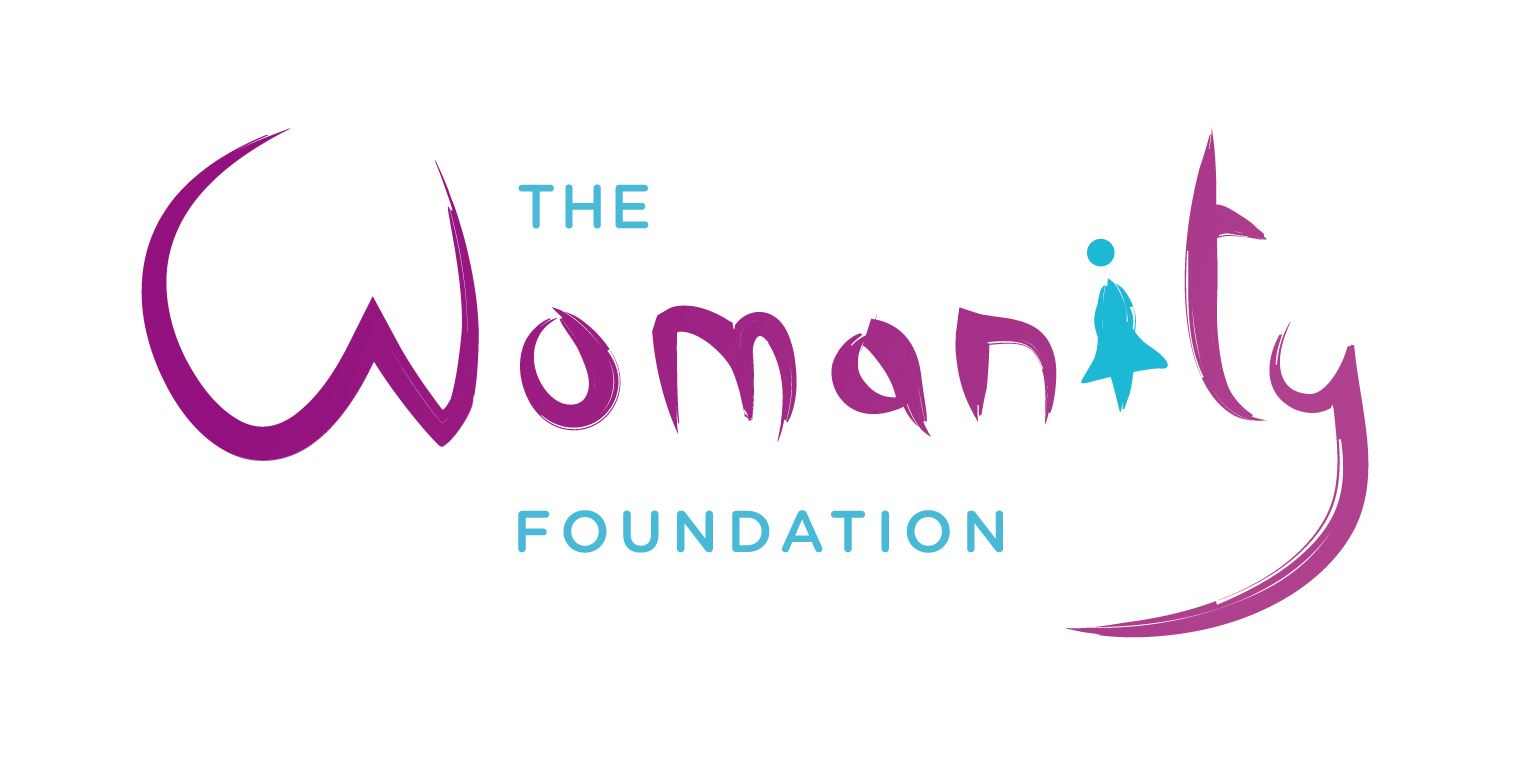Online discussion: Engaging men and boys to end gender-based violence
As part of a Joint campaign with Womanity organised for the 16 Days of Activism against Gender-Based Violence, Wikigender hosted an online discussion on ”Engaging men and boys to end gender-based violence” from Monday, 28 November to Friday, 2 December.
See the highlights from the Wikigender/Womanity campaign for the 16 Days of Activism against Gender-based Violence here.
Context
Violence against women has been recognised as a global epidemic: around the world, one in three women have reported having an experience of gender-based violence in their lifetime. This number reaches as high as 80% in some countries (SIGI 2014). Addressing this issue has been recognised as a global priority in the Sustainable Development Goals which calls on countries to eliminate all forms of violence against women and girls (Target 5.2). Research has found that violence against women is closely linked to power imbalances between women and men and harmful expressions of masculinities (UN Women, 2016). Thus, achieving this target will only be possible when men and boys become part of the solution.
In the past decade, programmes working with men on perceptions of masculinities have produced positive results and gained a lot of interest. Promundo’s Program H focuses on shifting traditional ideas of masculinities in order to decrease gender-based violence and encourage more gender-equitable attitudes. It has been implemented in 22 countries. Similarly, CARE International’s “Young Men Initiative”, which seeks to engage boys and men as allies in violence prevention, has had very positive results in several Balkans countries. Other initiatives have focused on advocacy around this issue of masculinities: for instance, since its launch the UN Women HeForShe campaign has given new impetus to the discussion on the role of men in combatting gender-based violence.
As these projects have demonstrated, engaging men in the debate around gender-based violence is crucial to tackle the drivers of this phenomenon and generate lasting change. However, although evidence shows that this conversation is worth having, experience has shown that it is not an easy one. Transforming masculinities to end violence against women touches upon deeply ingrained social norms and thus requires an informed and holistic approach.
Participate in the discussion
Within the framework of the 16 Days of Activism against Gender-Based Violence Campaign, Wikigender and Womanity organised an online discussion on the theme “We need your support: Engaging men and boys to end gender-based violence”. Participants to the discussion will include experts such as Jane Kato-Wallace from Promundo, Julio Langa from HOPEM, Anthony Keedi from Abaad Mena, John Crownover from Care International and Servane Mouazan from the Womanity Foundation.
Suggested questions
Building the evidence base
- What is the current evidence on masculinities, social norms and linkages with gender-based violence?
- What are some examples of successful initiatives to address harmful masculinities with a social norms focus?
- How can governments and the development community learn from successful local initiatives to scale and replicate them at the national level?
Working with a coalition of actors
- Who are the various actors that can contribute to a shift in social norms and what are possible entry points to have the most impact?
- How can practitioners work on perceptions of masculinities with different actors, in order to encourage men to change their behaviours as romantic partners, fathers but also as service providers to victims?
- How can practitioners work with women to shift traditional norms around masculinities and promote non-violent partnerships?
Strengthening advocacy
- What are ways to strengthen advocacy around this issue at the international and intranational level?
- How can positive representation of masculinities in the media contribute to advocacy efforts?
Resources
- Engaging Men & Boys to End Violence Against Women: An Annotated Bibliography of Online Resources (Learning Network 2013)
- Multi-country study on men and violence in Asia and the Pacific (United Nations 2013)
- Where Men Stand: Men’s roles in ending violence against women (White Ribbon 2010)
- International Men and Gender Equality Survey (IMAGES) (ICRW and Instituto Promundo
- 2010)
- 16 Days of Activism against Gender-Based Violence Call to Action:“Orange the world: raise money to end violence against women” (UNiTE 2016)
- Men, Masculinities and Changing power: A discussion paper on engaging men in gender equality from Beijing 1995 to 2015 (MenEngage and UN Women 2015)




